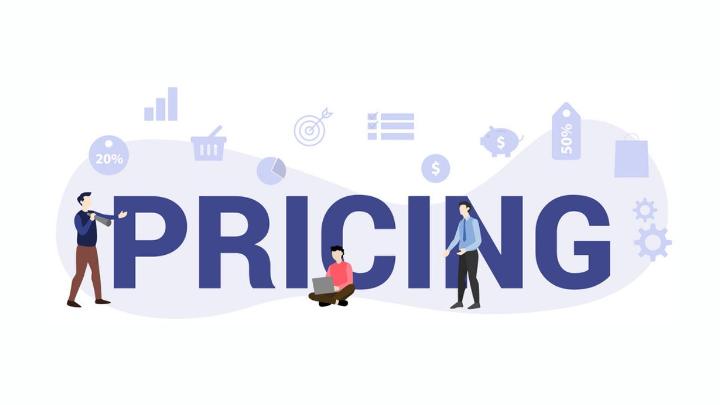Investing in Customer Relationship Management (CRM) software can significantly impact your real estate business. It can help you improve lead management, enhance customer communication, and increase productivity, among other benefits. However, with so many CRM options available, it can be challenging to know where to start.
This blog post will discuss the key factors to consider when investing in real estate CRM software.
1. Determine Your Business Needs:
Determining your business need and goals is the crucial and first step while investing in real estate CRM software. Once you clearly understand your need aligned with business goal, you can choose a CRM software that specifically addresses those needs.
This includes identifying the areas where you need improvement, such as lead management, customer communication, and sales processes.

2. Features Evolution:
Once you have determined your business needs, you should evaluate the features offered by different CRM software options. This covers looking at the software's tools and functionalities, such as lead management, customer communication, and sales tracking.
You should also consider the integrations which are available, such as with email marketing platforms and other business software.
3. Easy User Experience:
When investing in CRM software, it's essential to consider the following aspects of software like user experience, ease to use and navigation, clear instructions, and intuitive features.
Real estate CRM software designed for the real estate industry includes specific features and functionalities that cater to the unique needs of real estate professionals. This provides property management, listing tracking, commission calculations, and integration with real estate listing platforms.
4. Look for a Scalable Solution:
When investing in CRM software, it's important to choose a solution that can grow your business gradually. It covers software that is scalable and can handle an increasing number of leads, customers, and sales processes.
This is particularly important for real estate businesses that are expanding or growing rapidly to look for a scalable solution.
5. Evaluate the Price:
When evaluating these software options, it's essential to consider the price. You should consider both the upfront cost and any ongoing subscription fees. Consider the software's value, customization options including its features and the benefits it provides to your business.

6. Check for Customer Support:
Another key factor to consider when investing in CRM software is customer support. You should look for software that offers excellent customer support, including live chat, phone support, and email support. This is particularly important in case you encounter any issues or problems with the software.
7. Consider the Implementation Process:
While investing in this software, it's essential to consider the implementation process. You should look for software that is easy to implement, with clear instructions and a smooth onboarding process. Consider the resources required to implement the software, including time, money, and personnel.